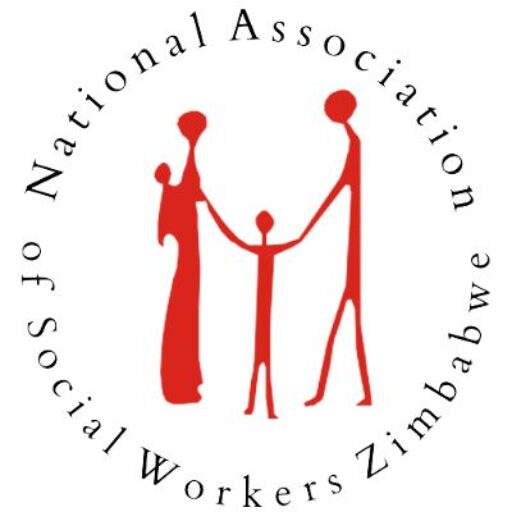African Social Development (ASD) Model
Social development is about dealing with social problems at the macro level – social policies, social structures and social institutions. What gap does social development addresses? Social work is often practiced at the micro to meso levels, that is the individual, family and community level. The macro level, involving social work with whole of society (the social), is often ignored, especially in Africa. Social development addresses this gap by working to address social policies, social structures and social institutions. It deals with social problems from a structural angle.
Kaseke (2001) said social development seeks to ensure that individuals have access to resources necessary for meeting basic needs and in conditions that do not undermine their self-esteem. The pursuit of social justice and egalitarian ideals is at the core of the social development model.
“Social development emerged as a result of dissatisfaction with a development model that puts undue emphasis on economic growth at the neglect of social factors. Economic growth had not necessarily resulted in an improvement in the welfare of the people. Thus social development emerged as an attempt to draw attention to the importance of social factors in the development process…The starting point for the social development model is that the modernisation approach has failed to transform developing countries. The benefits of economic development have not trickled down to the majority of the people. Instead the wealth is concentrated in the hands of few people while the majority live in absolute poverty…Thus the social development model represents a shift from the residual (welfaristic) model. A social development model sees the role of social work as that of facilitating social change and ultimately enabling individuals to realise their potential”, (Kaseke, 2001). He concluded by saying social workers have been dealing with symptoms rather than the root causes of the problems… Thus in order to change the material welfare of the poor, there is need for intervention at both the macro and micro levels…traditional practice of providing public assistance to destitute members of society has failed to make an impact on the amelioration of poverty.
Kaseke, E. (2001). Social development as a model of social work practice: the experience of Zimbabwe. School of Social Work Staff Papers. Harare, School of Social Work.
Developmental Social Work (DSW) Approach or Developmentalist Theory
Unlike social development, developmental social work involves both social and economic development. Developmental strategies can be applied when doing work with individuals, groups, families, communities and society at large. In short, developmental approach cuts across all methods of social work. At times, is is referred to as socio-economic development. Characteristics and intentions of developmental approach are:
- Improving poor people’s productive capacity to address poverty
- Ensures access to means of production, particularly land, including introducing land reforms
- Focuses on maximising people’s form of production e.g. farming, mining, fishing, trading, processing and others
- Creates and supports policies that support people to realise their full potential
- Focuses at both micro or local (families, villages and communities) and macro or large-scale (district, provincial and national) levels
- Community level framework or plan locks into national framework or plan
- Social work curriculum is designed from a social development perspective
- Economically viable social assistance programs e.g. start-up capital, support, public assistance or others
- Infrastructure development
- Adequate funding for rural programs and rural workers
- Does not look at public assistance as an end, but as a way to ensure that people become socially and economically active
- Casework and groupwork are not prioritised because they are remedial and palliative, they perpetuate and maintain social exclusion
- Economic and social strategies are meant to address poverty and underdevelopment
- Disagrees with western modernisation’s view that poverty and underdevelopment results from the setup of African communities, lifestyles, cultures and methods
- Disagrees with the view economic growth is the answer to poverty, in fact, economic growth with no human face is the facilitator of inequality
Some role of development and social workers are:
- Creating opportunities for economic productivity (e.g. farming, irrigation, mining, fishing, off-farm income generating projects, self-employment and enterprises)
- Lobbying and advocacy for social justice
- Mobilising local savings
- Improving people’s economic productivity skills
- Community workers mobilise the rural communities to improve infrastructure such as roads, bridges, clinics and schools
- Assisting communities to develop development projects (proposals, plans, funding and feasibility)
- Ensuring that communities contribution is valued, pursued and recognised
